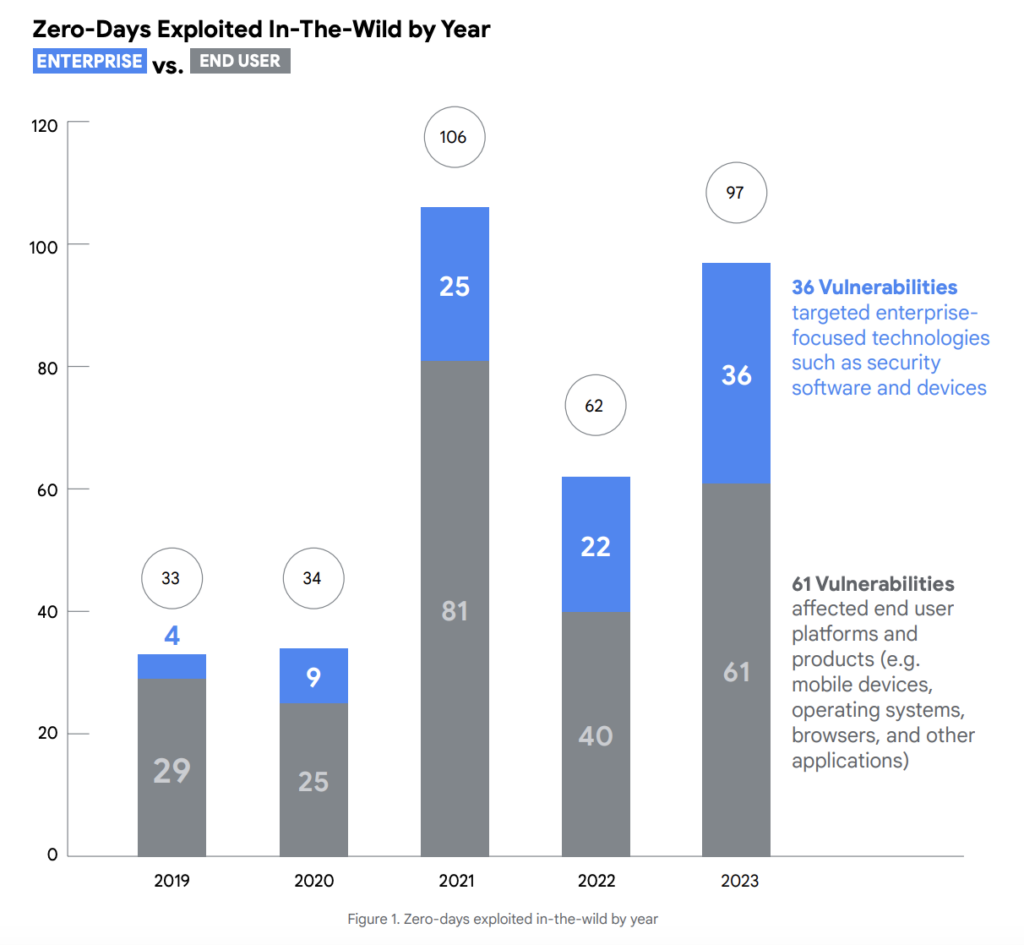10 Best Antivirus Software (April 2024) – Forbes Advisor
There are many antivirus programs available, and it can be difficult to choose the best one. The most important thing to consider is what type of protection you need. Some programs are better at detecting viruses, while others are better at preventing malware attacks. You should also consider how frequently the software updates, the compatibility with each of your devices and customer support.
Reliable Threat Protection
When it comes to choosing antivirus software, the most important thing to consider is the level of protection it provides against threats. The best antivirus software uses a variety of methods to protect your computer, including signature-based detection, heuristic-based detection, behavior monitoring, sandboxing and artificial intelligence.
Some threats, such as ransomware, are difficult to detect and require a multilayered approach to security. Others, such as viruses, are easier to detect but can still do a lot of damage if they’re not removed quickly. To assess how reliable antivirus software is, you should look at independent lab results and user reviews in addition to ensuring it takes a multilayered approach to threat prevention, detection and removal.
Frequent Updates
The best antivirus software is constantly updated to stay ahead of the latest threats. This is important because new threats are created all the time and old threats are constantly evolving. To ensure your computer is protected, you should look for an antivirus program that updates its database of known viruses regularly.
Your software should also update its virus definitions at least once a day, but more frequently is better. Some programs allow you to set the frequency of updates, while others update automatically. Most sales pages will tell you how frequently the software updates. If it doesn’t, ask before you purchase.
Cost
Users should expect to pay around $30 to $40 for a year’s subscription to an antivirus program that provides reliable threat protection, frequent updates and good customer support. This price may vary depending on the features offered by the program. For example, a business usually pays more for priority support than a home user.
The main…




